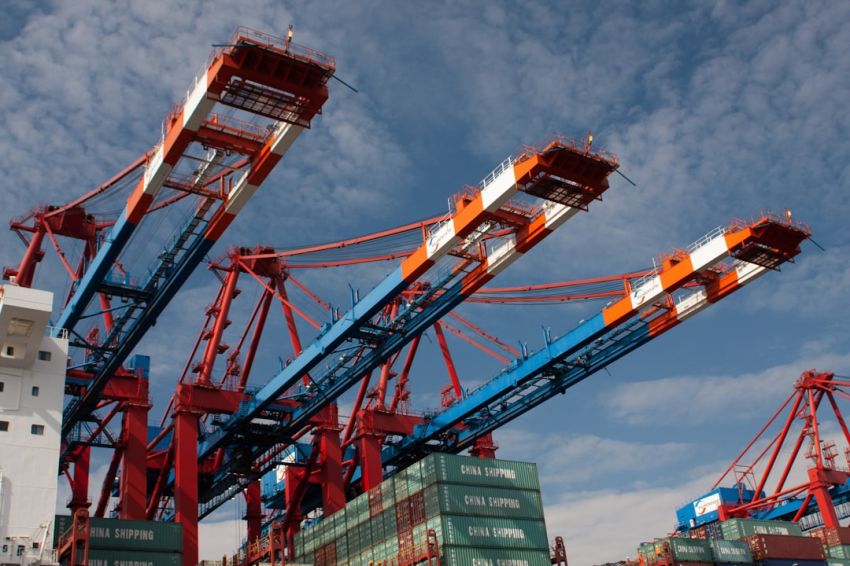The Future of Global Trade
The landscape of global trade is continually evolving, shaped by a myriad of factors ranging from technological advancements to geopolitical tensions. As the world becomes increasingly interconnected, the future of global trade holds both promise and challenges. In this article, we delve into the key trends and developments that are likely to shape the future of global trade.
Technological Innovations Driving Change
Technology is revolutionizing the way we conduct business, and global trade is no exception. The rise of e-commerce platforms and digital payment systems has made it easier for businesses of all sizes to engage in cross-border trade. Blockchain technology, with its ability to enhance transparency and security in transactions, is poised to streamline supply chain management and reduce trade barriers.
Automation and artificial intelligence are also playing a significant role in transforming the global trade landscape. Smart manufacturing processes, powered by AI and robotics, are increasing efficiency and reducing costs for businesses. Additionally, predictive analytics is enabling companies to anticipate market trends and optimize their supply chains, leading to more agile and responsive trade practices.
Challenges in a Post-Pandemic World
The COVID-19 pandemic has exposed vulnerabilities in global supply chains, leading to disruptions in trade flows around the world. As countries grapple with the economic fallout of the pandemic, protectionist sentiments are on the rise, with some governments imposing trade barriers in a bid to safeguard domestic industries.
The future of global trade will need to address these challenges head-on, finding ways to ensure the resilience and sustainability of supply chains in the face of future crises. Multilateral cooperation and the strengthening of international institutions will be crucial in fostering a more stable and predictable trading environment.
Environmental Sustainability and Trade
With the growing awareness of climate change and environmental degradation, sustainability has emerged as a key concern in global trade. Consumers are increasingly demanding products that are ethically sourced and produced in an environmentally friendly manner. As such, businesses are under pressure to adopt sustainable practices throughout their supply chains.
The future of global trade will see a greater emphasis on sustainability, with companies being held accountable for their environmental impact. Green technologies and renewable energy sources will play a pivotal role in shaping trade practices, as businesses strive to meet the growing demand for eco-friendly products.
Balancing Globalization and Protectionism
The tension between globalization and protectionism is a central theme in the future of global trade. While globalization has brought about increased economic interdependence and prosperity, it has also led to concerns about job losses and income inequality in some sectors. Protectionist policies, on the other hand, seek to shield domestic industries from foreign competition but can hinder overall economic growth and innovation.
Finding the right balance between globalization and protectionism will be essential in ensuring a sustainable and inclusive global trading system. Collaborative efforts between countries to address trade imbalances and promote fair competition will be key to navigating this complex landscape.
Conclusion: Navigating the Path Ahead
As we look to the future of global trade, it is clear that the challenges ahead are significant. From technological disruptions to environmental concerns, businesses and policymakers alike will need to adapt to ensure the continued growth and prosperity of global trade. By embracing innovation, fostering sustainability, and promoting cooperation, we can navigate the path ahead and build a more resilient and equitable global trading system for generations to come.










